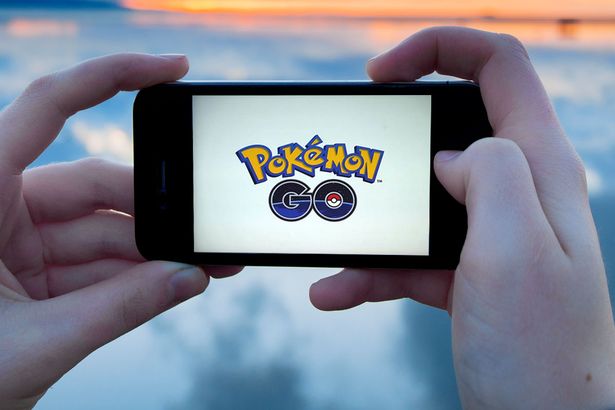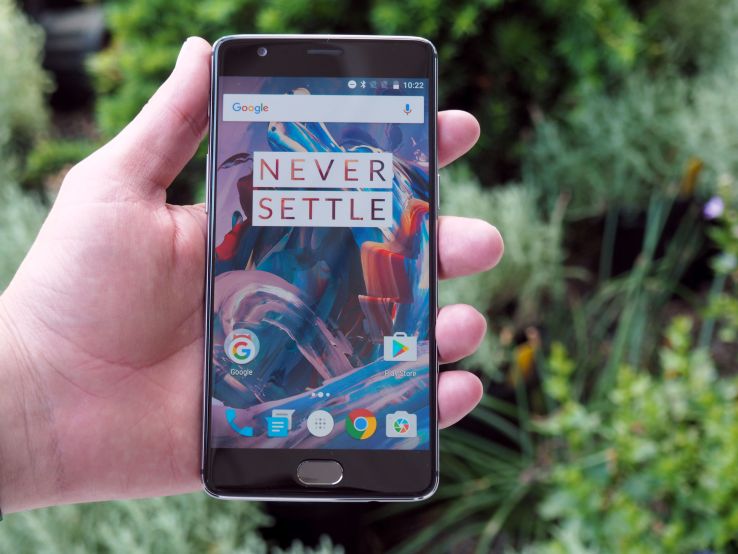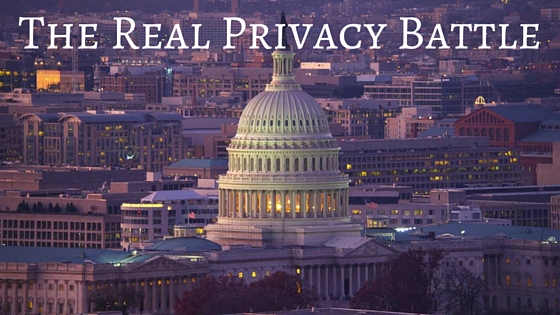
The Real Privacy Battle

“Privacy” and “Security” are core democratic values, and one of them may be at stake now.
What Happened?
Following the San Bernardino massacre this past December, investigations hit a roadblock, and the FBI asked Apple for their help in unlocking one of the gunmen, Syed Farook’s, iPhone.
California federal court ruled on Feb 16 that Apple must heed the FBI’s call, and now the case has moved to Congress. Apple published a brief explaining that this order violates a constitutional right of free speech (in a world where code is equal to speech) and as a private company they can’t be forced to create that kind of software.
The All Writs Act gives the government the authority it needs to take over Apple engineers in its effort to bypass the iPhone’s encryption.
Could circumventing individual privacy be the only method for efficiently fighting crime today?
According to Apple, creating this software would breach the privacy of all iPhone customers, and impair the trust the company has worked hard to foster. “Privacy was a fundamental right the company had sworn to protect” they said.
The matter was discussed at length at a private meeting of tech giants and President Obama’s top national security officials in January in Silicon Valley, where Apple CEO Tim Cook took a respectful stab at Washington’s policies at the meeting, reprimanding them for not taking more powerful leadership on this issue until now.
Ouch.
iPhone Security: A Crash Course
The latest iPhone software protects our iPhones from being broken into, by slowing it down a little bit each time the incorrect password is attempted and the order wanted Apple to write a software that would eliminate this possibility, allowing the FBI to access the phone.
So, Why Not?
For anyone who cares about protecting western society from terror, the FBI order makes perfect sense. What are the downsides?
Apple’s head of software engineering Craig Federighi stated in an op-ed days ago, “They have suggested that the safeguards of iOS 7 were good enough and that we should simply go back to the security standards of 2013”. The order would disable the research and advancement that Apple attained in the last several years, which protects consumers and businesses alike.
The security of all iPhones can be compromised with this ruling. “FBiOS,” (clever nickname for the software Apple is expected to create) would disable key security features in iPhones, which are there to protect iPhone users.
“Hackers and cyber criminals could use this to wreak havoc on our privacy and personal safety,” it says in the remarks Apple released before appearing before Congress.
Additionally, a dangerous precedent will be set. Not only for future FBI cases involving iPhones, but any case where a security loophole is needed to access a “smart” device.
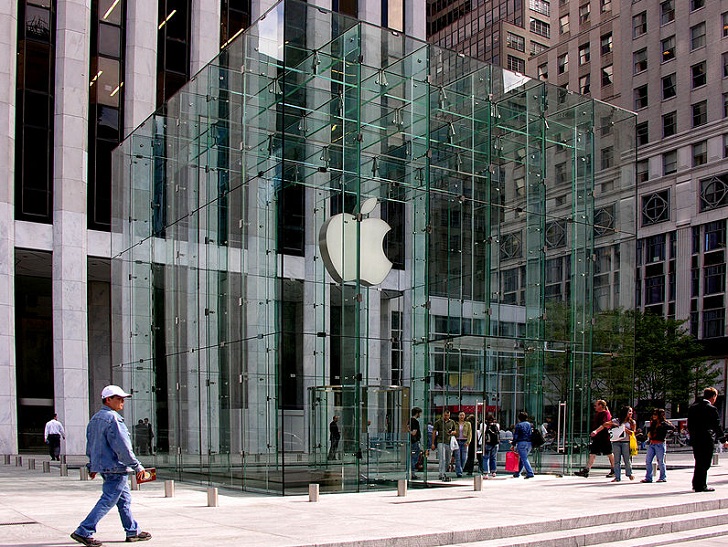
Trademark NYC Apple Store
Apple and the US government are two of the most influential bodies in the world; one of the greatest tech giants in an industry profoundly changing the face of society, and the government of one of the strongest powers on the map.
Any conclusion these two will reach together will pave the way for others. This case opens a doorway to forever compromise the little bit of protection our privacy has maintained until now.
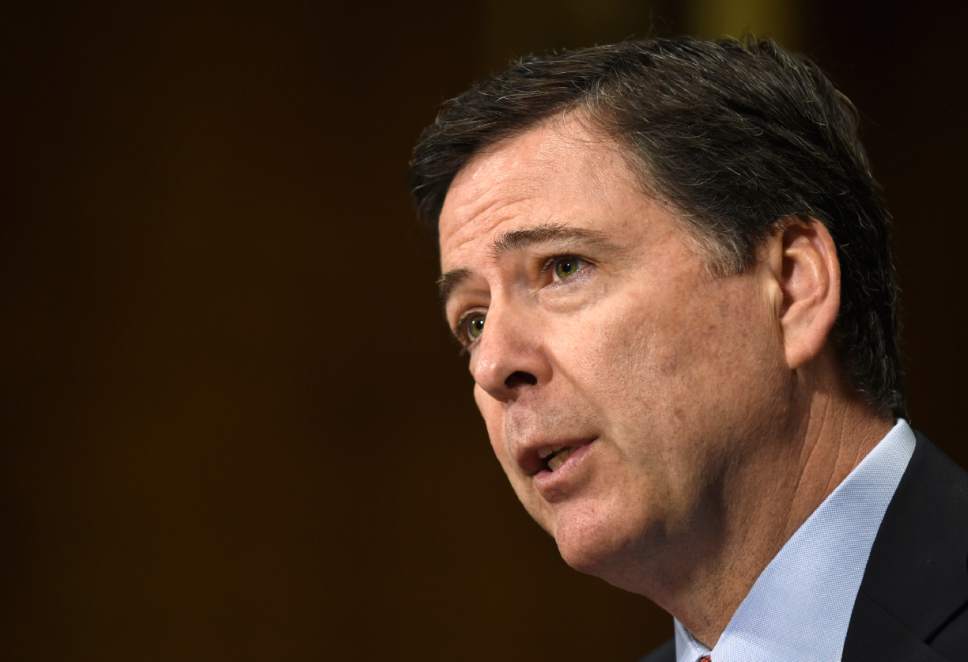
FBI Director James Comey on Capitol Hill
Just One iPhone
FBI director James Comey claimed that this case is a “narrow” issue, and deals with one iPhone alone; Farook’s.
However, Manhattan District Attorney admitted he wants Apple’s help breaking into more than 150 phones in other cases.
This is just the beginning.
The power to force private companies to undermine security and privacy interests of millions of individuals around the globe is a power Congress has withheld from anyone until now. Changing that would undermine the civil liberties and the very means through which democracy operates. It is no question that it has tremendous long-term implications for our society.
This is much broader than just one, work issued, iPhone.
Facebook, Twitter, Yahoo and Google, have announced that they are backing Apple up. Since then, more than 10 tech superstars have voiced their support.
Cybersecurity is a cause close to our hearts here at MyPermissions, and we understand that it is the new frontier of protecting ourselves in the rapidly changing society of which we are a part.
Apple’s remarks shed light unto this understanding as well. Moreover, implementing the FBI’s request would allow a tremendous digital vulnerability that jeopardizes cybersecurity, which is a US government imperative.
As Apple Inc. put it, “Protecting our data with encryption and other methods preserves our privacy and it keeps people safe.”
Simple as that.

